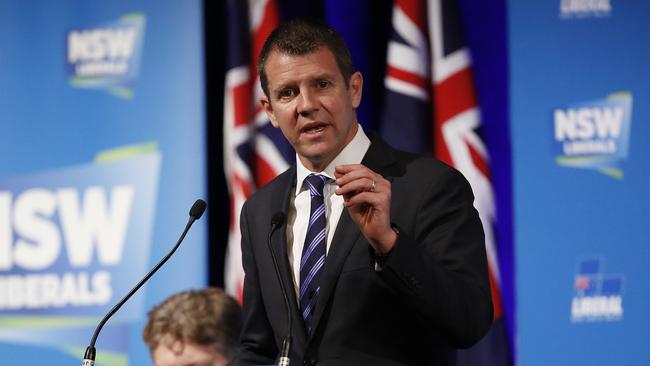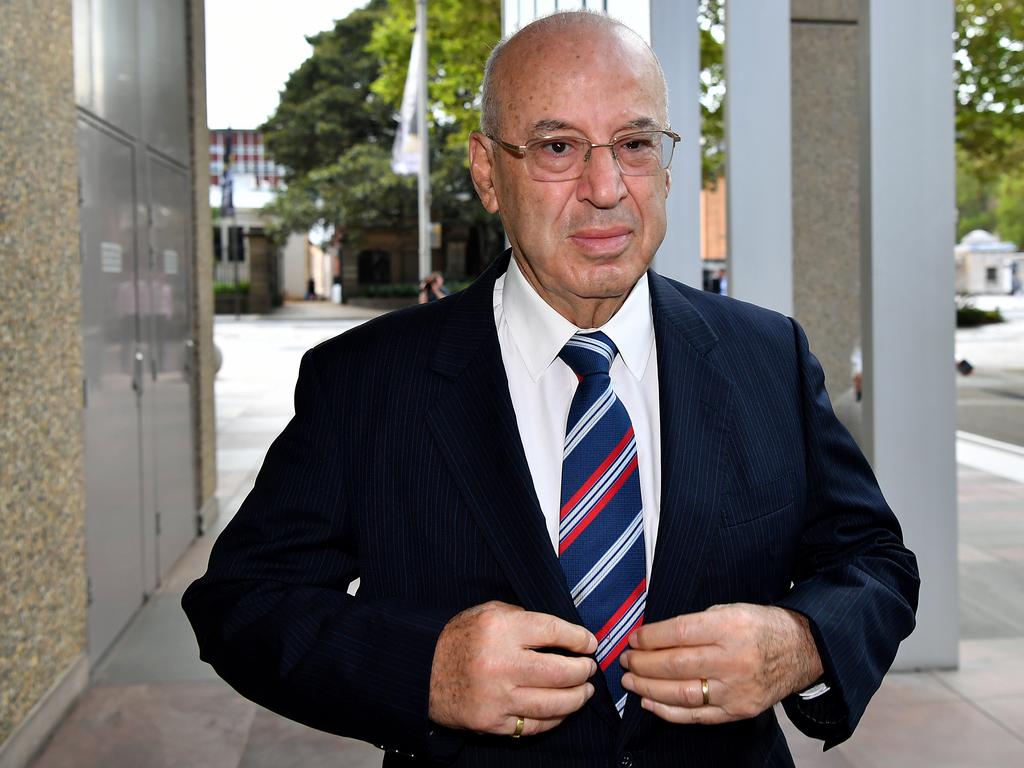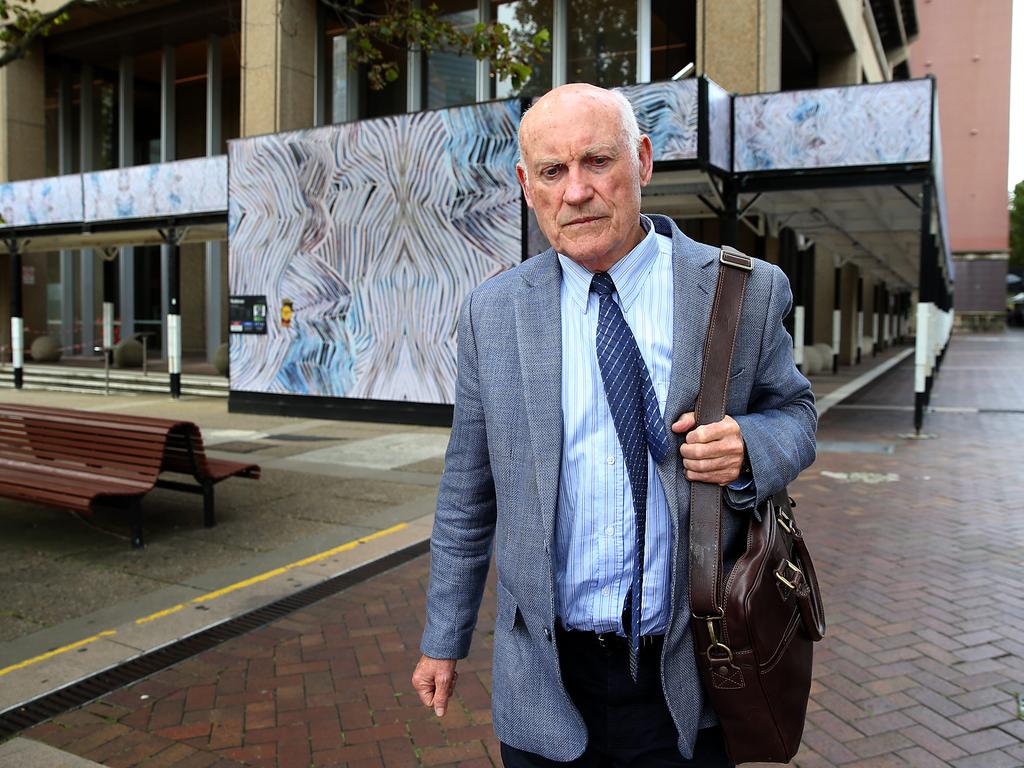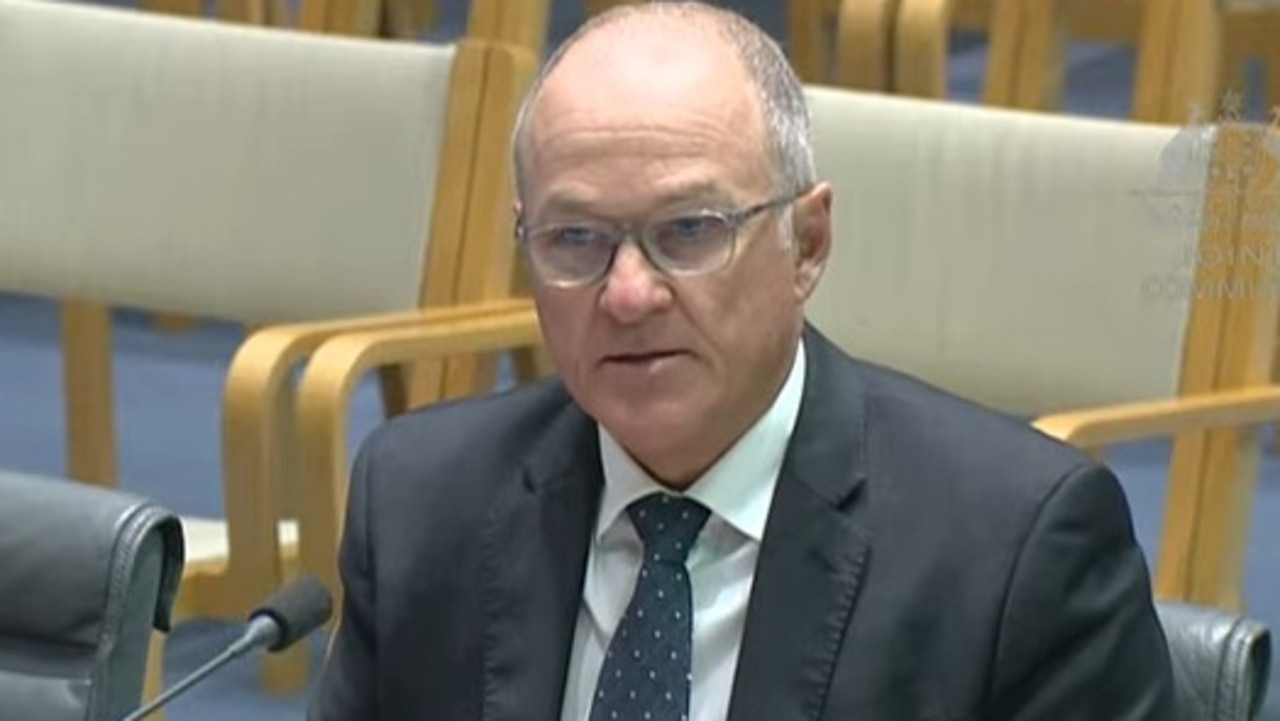
The NSW government’s anti-corruption commission has just scored a tactical victory that might eventually be seen as a classic case of overreach. It won the right to prevent disclosure of 16 of its most sensitive documents.
Those documents need to be made public. They concern the unlawful conduct of the Independent Commission Against Corruption and its interaction with politicians.
They cover a period six years ago when a High Court ruling made it clear that ICAC had been exceeding its jurisdiction by running investigations and making findings of corruption that had no basis in law.
The committee of the NSW parliament that oversees the commission has subsequently learned that 128 people were adversely affected by ICAC’s unlawful conduct.
When confronted with wrongdoing on such a scale, governments could be expected to side with the victims and take action against the wrongdoers. But things are different in NSW, where politicians are not excluded from ICAC’s statutory mandate to “educate” the community.
The effect of that mandate might help explain what happened in May 2015, when the Coalition government then led by Mike Baird saw nothing wrong in excusing ICAC’s misconduct and punishing its victims.
At the commission’s urging, Baird enacted retrospective legislation “validating” its unlawful conduct and preventing anyone from seeking a remedy in court.
This meant persuading a Coalition government to ignore the rule of law by abandoning due process and enacting legislation that had the effect of changing the outcome of proceedings that were under way in the NSW Court of Appeal.
To describe this as an achievement misses the point: Baird’s Validation Act is an abomination. It has no place in a society where the rights and liabilities of the community are supposed to be determined by the normal law.
Instead of upholding that principle, Baird’s government chose to retrospectively change the rules in order to protect an agency of the executive branch of government from the consequences that awaited it in the courts.
The 16 documents that might help explain how this happened now look like remaining locked away in the commission’s files – unless parliament’s ICAC oversight committee intervenes.
On September 2, the NSW Civil and Administrative Tribunal rejected an application for access to most of those documents under the Government Information (Public Access) Act.
The only category of material in which the question of access remains unresolved concerns the commission’s involvement with journalists and media organisations – which has been sent back to ICAC so its release can be reconsidered. The GIPA application had been lodged by solicitor Andrew Christopher who had hoped to provide ICAC’s documents to Cascade Coal chairman John McGuigan, who has a direct involvement in this affair.
Baird’s Validation Act had the effect of preventing Court of Appeal president Margaret Beazley – who went on to become NSW governor – from proceeding with a draft declaration that ICAC had invalidly declared McGuigan and other Cascade directors corrupt.
One of those directors is John Atkinson, who gave evidence to the oversight committee on December 2 about the way in which the Validation legislation had interfered with the proceedings before Beazley.
The Hansard record shows Atkinson was particularly concerned about the actions of ICAC officers:
“While making commitments to me, my Cascade colleagues and the Supreme Court that our corruption findings should and indeed would be overturned, it seems that certain powers were working hard behind the scenes to effect a different result,” he told the committee. “The media was used to publicly advocate for parliament to pass retrospective legislation to cover up ICAC’s unlawful activities. “
Atkinson told the committee that whatever the outcome of the GIPA application the committee should use its powers to determine whether ICAC had played a role in misleading parliament.
“Did they reveal to members of parliament that they had already agreed to our corruption findings being overturned or did they conveniently keep this important fact to themselves?” he asked the committee. “Did ICAC play a role in persuading the Supreme Court to push back the date of the hearing when our corruption findings were to be overturned to ensure there was time to pass the Validation Act first, thereby making the consent orders redundant? Was the court also kept in the dark?”
On April 23, 2015, after the High Court had identified ICAC’s mistaken understanding of the scope of its jurisdiction, the commission agreed to have consent orders issued stating that the corruption findings against McGuigan and others were invalid.
ICAC’s Roy Waldon, who is solicitor to the commission, told the oversight committee last year that former Commissioner Megan Latham met with Baird on April 27, 2015.
On May 5, 2015, the Department of Premier and Cabinet provided ICAC with a confidential consultation draft of the Validation bill and said it “may” be introduced on May 6 – which is the day it passed both houses and came into force.
May 6 was also the day when Beazley had circulated her draft declaration about the invalidity of the Cascade corruption findings ahead of a hearing that had been set down for May 8. But on May 8, when the matter came before the court, ICAC invoked the Validation Act and withdrew its consent for the corruption findings to be declared invalid.
ICAC’s conduct that had been unlawful on May 5 had been rendered lawful on May 6.
The documents that might shed light on what ICAC told the government cannot be allowed to remain secret. The oversight committee needs to act.
Chris Merritt is vice-president of the Rule of Law Institute of Australia.







